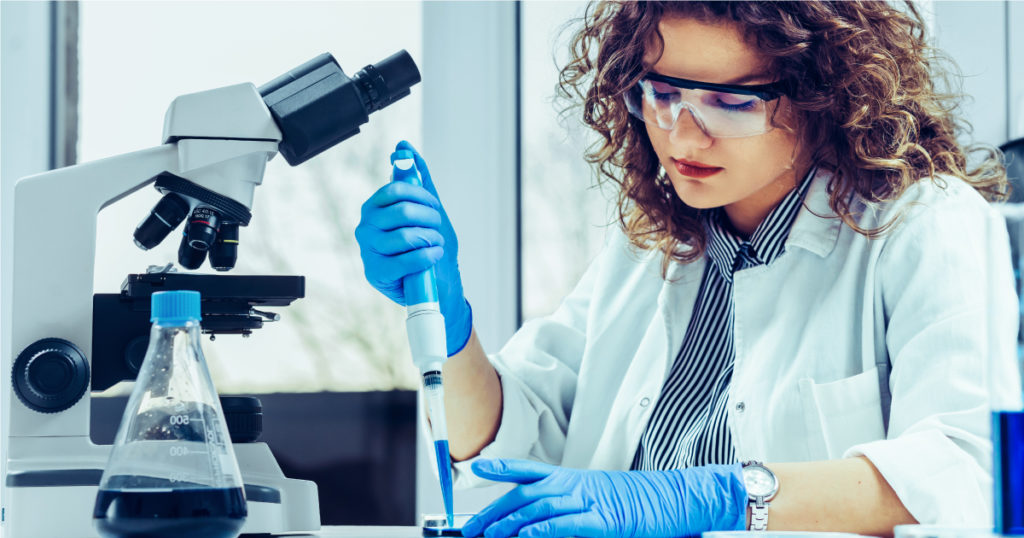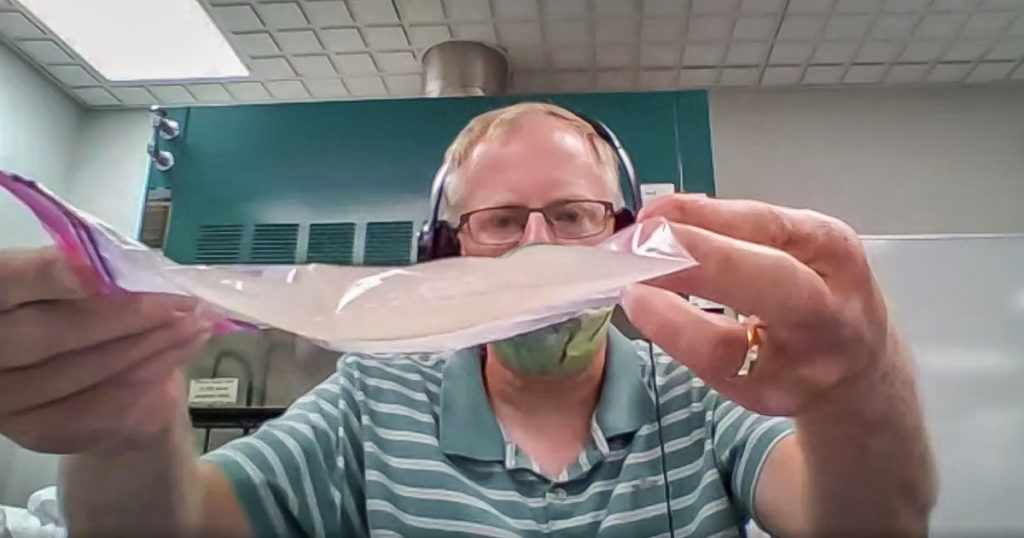Today’s guest blog is written by Sophie Mancha, a global marketing intern with Promega this summer. She will be starting her 4th year as a PhD candidate in the Biomedical Engineering Department at the University of Wisconsin-Madison, studying pancreatic cancer.

Graduate students are used to working. Not only during regular work hours but also well into the night to finish readings or work on data analysis. Ripping graduate students away from their research as they desperately try to produce useful data may be as hard as finding toilet paper during the first few months of the SARS-CoV-2 outbreak. However, across the world graduate students saw their research come to a screeching halt. The pandemic took over and everyone suddenly went into quarantine.
I clearly remember my first virtual lab meeting. We all frantically tried figuring out what video-conferencing platform to use and how to share our screens. We kept repeating “stay calm” as we naively thought this would only last a couple of weeks. As the months went by, I began to panic. I realized I had finished analyzing the last remaining data I had left and was no longer being “productive”. This quickly spiraled into thoughts that I may never earn my PhD.
Continue reading “Mentally Preparing for My Return to the Lab: A Grad Student’s Perspective”

